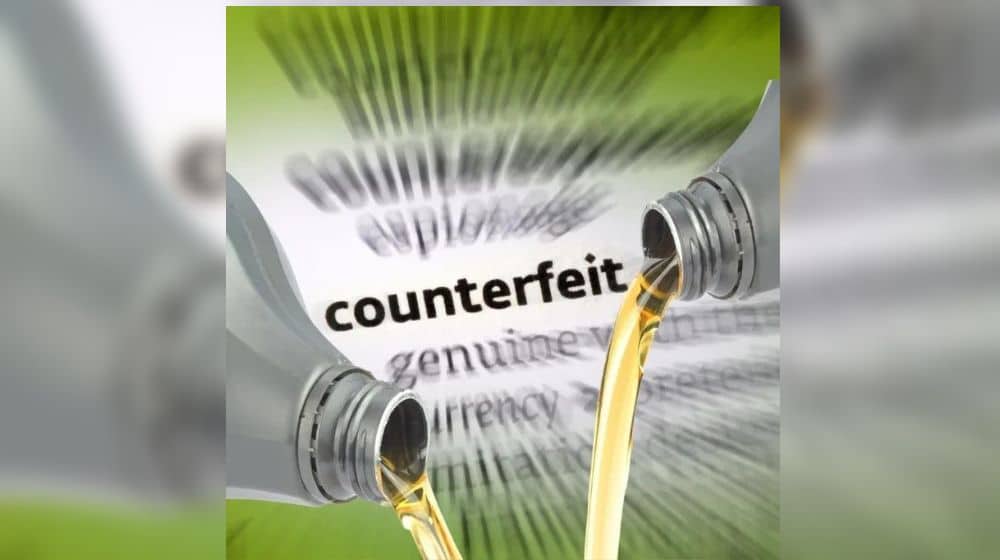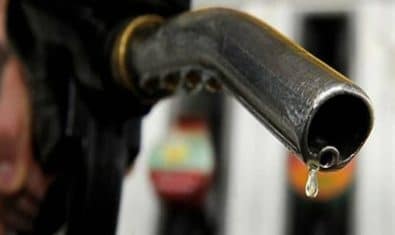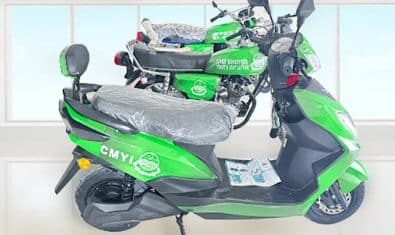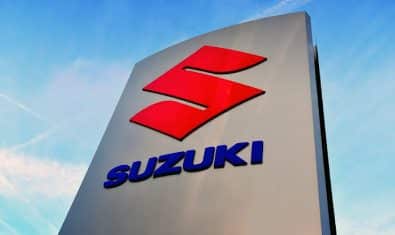For years now, the illegal sale of counterfeit vehicle lubricants has plagued the Pakistani market, resulting in damage to vehicles, the lubricants business, as well as the national exchequer.
The ways of counterfeiting have dramatically evolved with all brands’ lubricants being easily replicated. Very real-looking fake versions of all well-known lubricant brands are available in the market, making purchase decisions difficult for end-users and scamming them on a daily basis.
As for the counterfeit lubricants’ market size, there’s no reliable or centralized data. One reason for that is the secret collusion of oil dealers and vendors across the nation who get the fake products mixed up with the real ones, making it impossible for a customer to spot the difference.
On the other hand, some dealers are caught in the large-scale scam unwittingly, not knowing that the product they’re selling isn’t original. As a result, the scam thrives with both active and passive players making it go even bigger with every passing year.
The Pakistani Lubricant Market
Some of the most common types of lubricants include engine oils, gear oils, transmission and hydraulic fluids, compressor oils, metal working fluids, turbine oils, greases, and more. Key end-user industries include automotive & transportation, power generation, heavy equipment, food & beverages, etc.
The most common form of lubricant used in the automotive sector is engine oils. Engine oils keep the engine clean and stop particle buildup and rust development. Additionally, engine oils increase performance and fuel economy, prolong engine life, and lower vehicle emissions.
Top players in the Pakistani lubes market include Chevron Corporation, ExxonMobil Corporation, Hi-Tech Lubricants Limited, Pakistan State Oil, and Shell Pakistan, among others. While the major portion of Pakistan’s lubricant demand is met by local production, the gap is filled by imports.
As the prices of domestically manufactured lubricants increase, smuggled and counterfeit lubricants are becoming more popular due to their lower cost. Both smuggled and counterfeit lubricants are about 40% cheaper than the locally produced ones, thus bringing in easy (albeit illegal) money for vendors who sell them at the original price.
However, imported lubricants are 10% more expensive than domestically manufactured engine oil. But since they only make up a small portion of the Pakistani market (10%), they do not have a major impact. However, domestic manufacturers are struggling to compete with the influx of smuggled, illegal, and counterfeit lubricants.
The Scale of the Counterfeit Lubricants Market
The huge price difference (up to 40%), larger profit margins for vendors, and highly finetuned counterfeiting practices keep contributing to the growth of the fake oils market.
According to estimates from an oil marketing company, the total lubricant market in Pakistan is 400MnL, 20%-22% of which (80-82MnL) are counterfeit lubes.
It’s a huge, unchecked market that has kept growing over the years. Nonetheless, these counterfeit lubricants are made by passing off inferior products that may not meet the same performance and safety standards as genuine lubricants.
They also release volatile organic compounds (VOCs) into the air during their manufacture and use. These VOCs contribute to air pollution and can have negative impacts on human health and the environment. All this is besides the damage they cause to the vehicles or machines they’re used in.
“We only sell genuine oil products to our customers,” a lubes vendor in Islamabad’s G8 car repairs market tells ProPakistani. “The dealers we buy our products from are reliable and have been selling to us for years now. However, we can’t tell if there’s a fake oil product in a stack of tens of similar products, nor can our customers.”
“I don’t do much research when my car needs an oil change. I just come to this shop and get the oil changed as I’ve always done. I pay for the genuine product but I don’t know how to tell the genuine product from the fake one,” a customer in the same market says.
Talking to ProPakistani about the size of the counterfeit lubes market in Pakistan, Nasir Qamaruddin, National Sales Team Lead – B2B Industry at Shell, said, “The estimates of the deep-rooted menace may just be the tip of the iceberg.”
He added that the racket ring operates with the collusion of players at all levels. Only with a thorough strategy and serious commitment can we tackle the challenge which has now become widespread and is only becoming worse with the passage of time, he said.
Lubricant Producers Continue to Struggle
The challenge of controlling the counterfeit lubricant market of Pakistan is only becoming a behemoth with each passing year, leaving producers no choice but to try out newer, more high-tech methods. As they explore options, the market thrives with more sophisticated counterfeiting practices.
Ammar Syed, Sr. Manager Lubricant Sales, while talking to ProPakistani said, “We conducted multiple operations against the fake oil circle but failed because the counterfeit lubricant suppliers act as a mafia, and finding the source is hardly possible.”
About the size of PSO’s counterfeit products in the market, Ammar said the company didn’t have exact data as fetching it was really difficult, and that the company’s actions against this ‘mafia’ have been largely based on estimations, our losses, and calculated guesses.
Although confirming that one is using the right product isn’t difficult, hardly anyone uses the simple method of checking the authenticity. To verify that you have purchased a genuine Caltex product, for example, you must check for the sticker with the holographic flip-flop feature fixed on the cap.
Scratch the coated part of the sticker to reveal a unique code, SMS it to 9879, and match the code you receive on your phone with the one on the top part of the sticker, informs Caltex’s anti-counterfeit FAQs page.
Likewise, Shell Pakistan encourages customers to purchase lubricants from authentic sources with the help of Shell Station Locator and Distributor Locator available on their website. Customers can also authenticate their product purchase by informing the batch number of the product on the toll-free numbers mentioned on each pack.
Furthermore, the organization plans to soon introduce easy-to-use anticounterfeit measures which include holograms, SMS verification, QR codes, etc.
Other companies also have such methods to ensure that the customer gets only genuine oil products of their brand. But, the fake oil market monster still needs to be dealt with through effective policy interventions and a more thorough approach to controlling and eventually uprooting the menace.
























